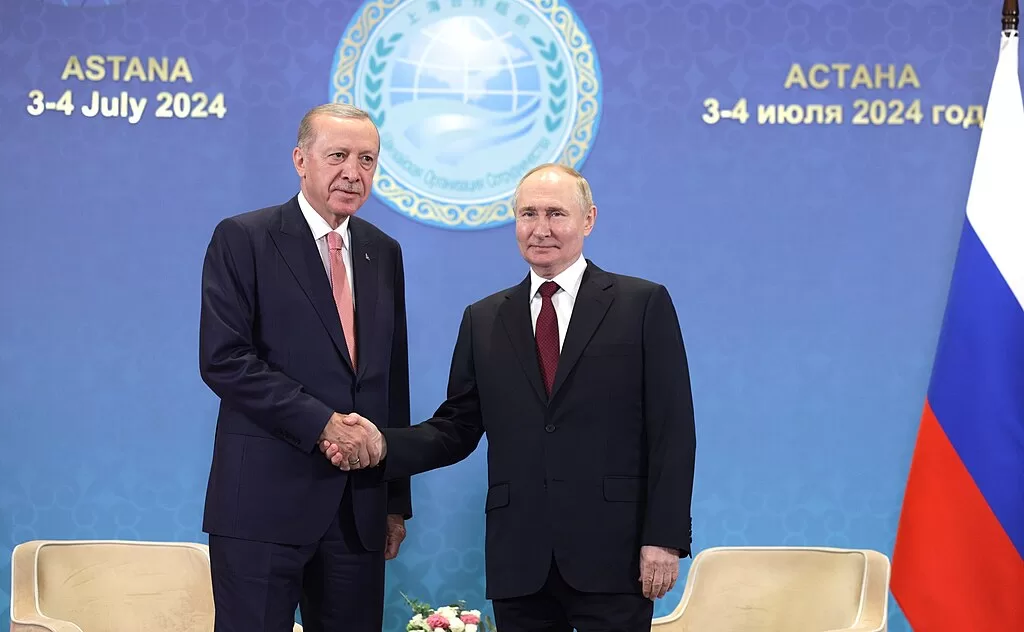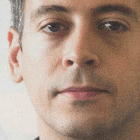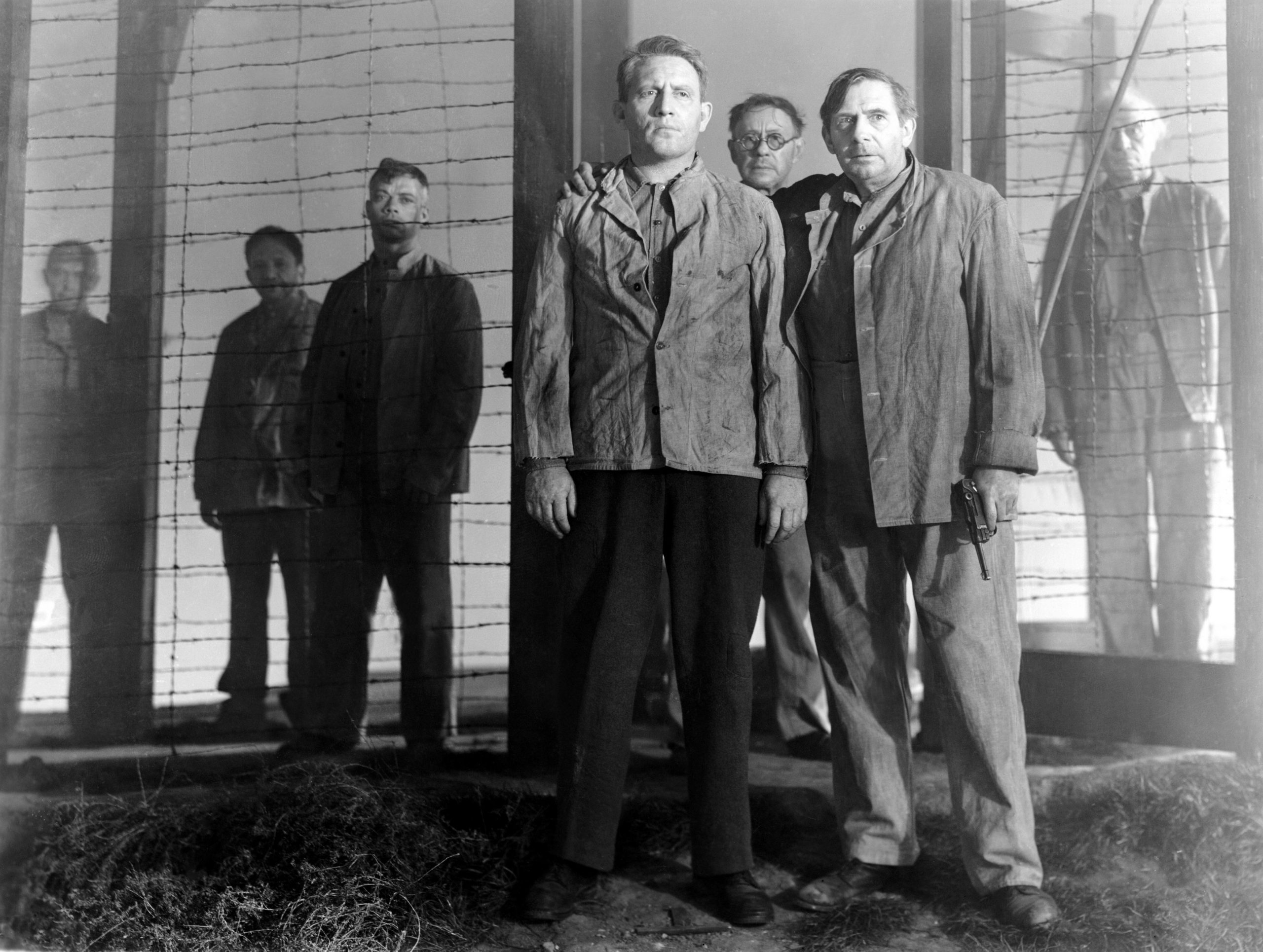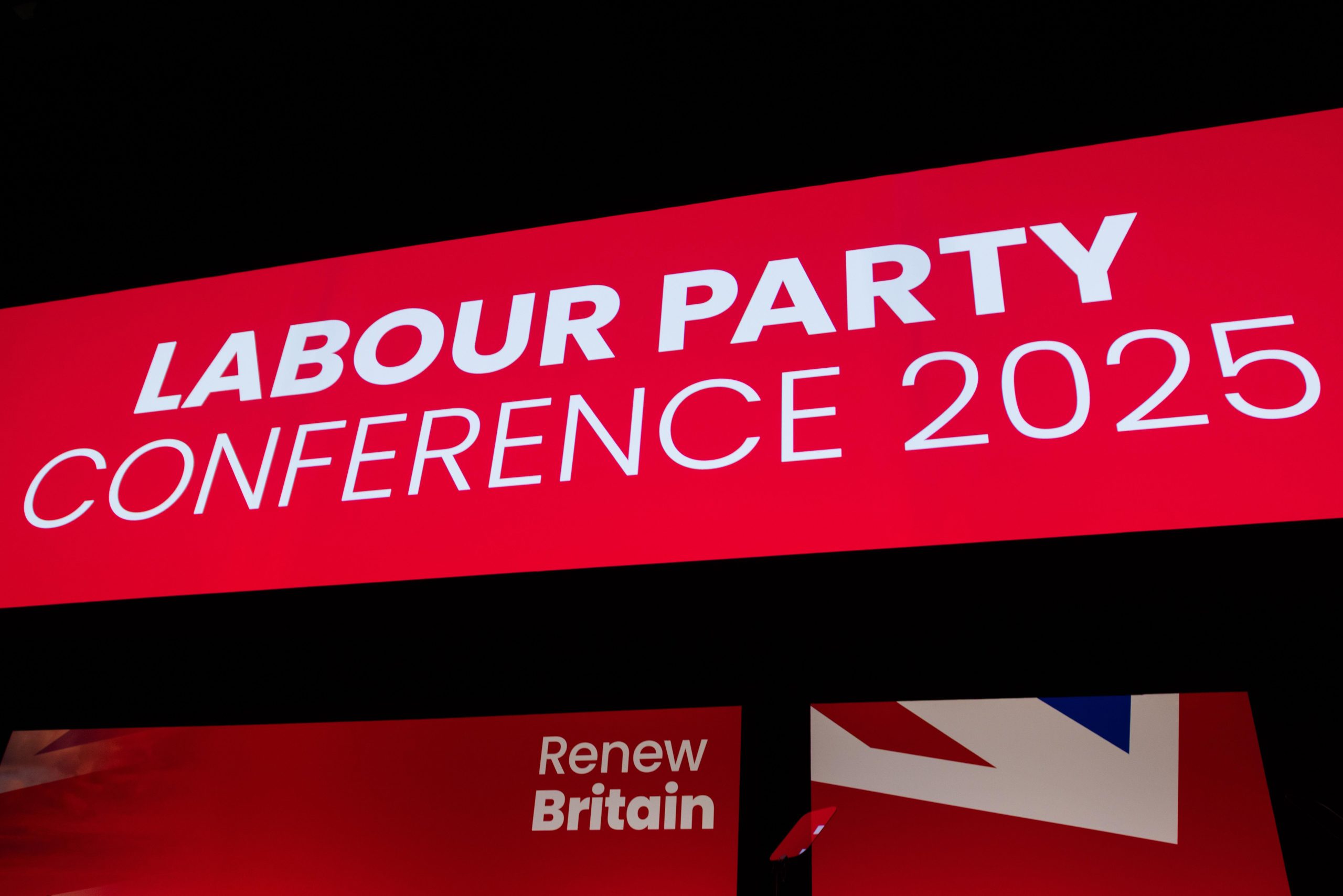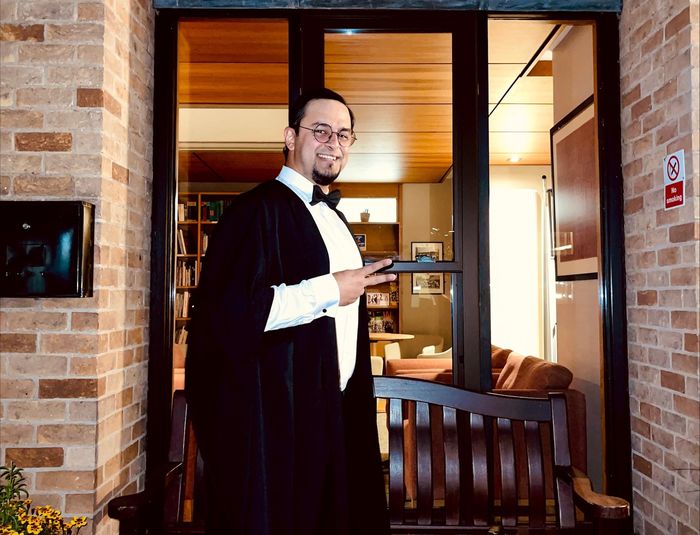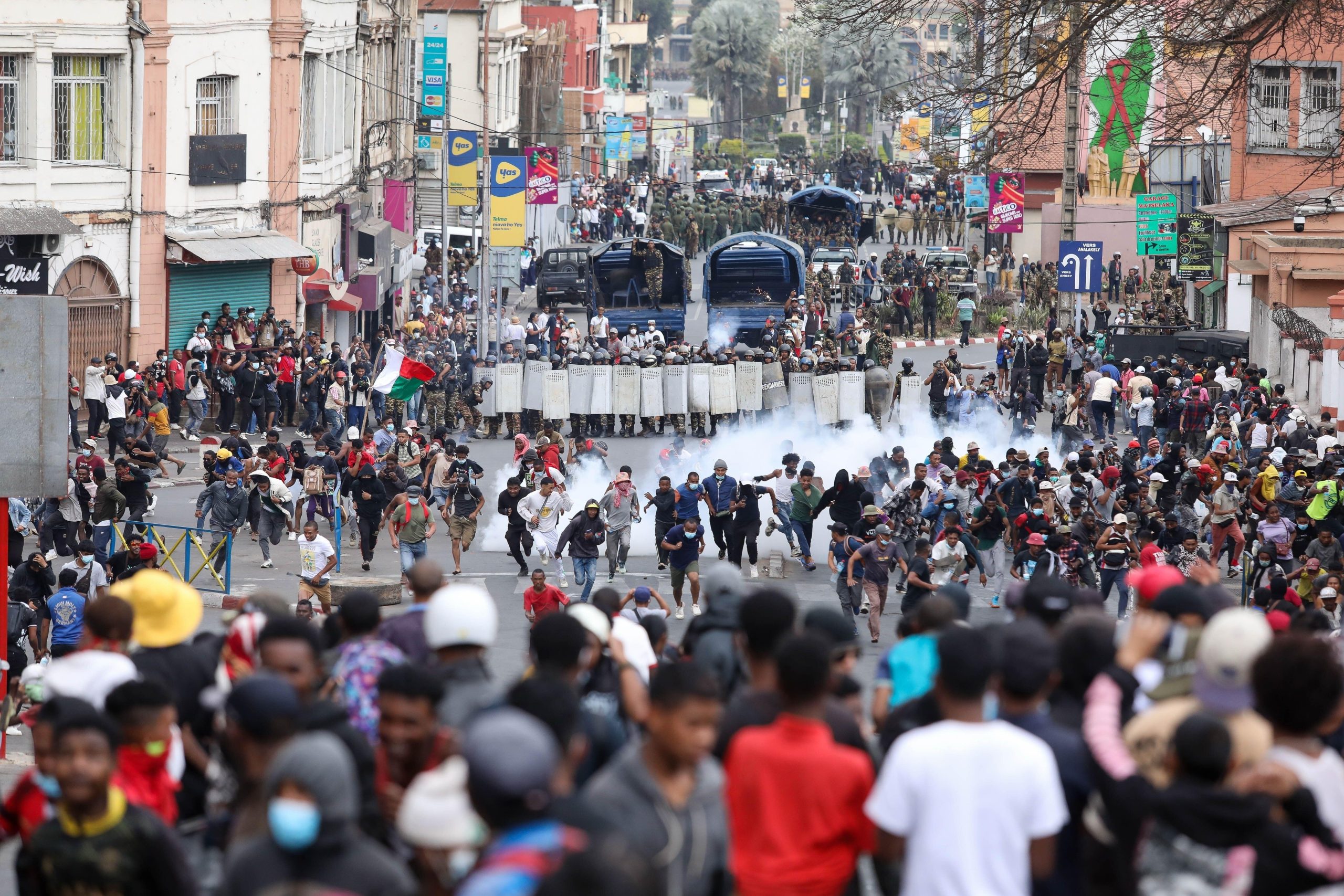On 1 August, a significant prisoner swap between the USA and Russia took place in Turkey’s capital Ankara and 26 prisoners were freed, including the peerless American reporter Evan Gershkovich. In playing a central role in the most extensive prisoner exchange since the end of the Cold War, Turkey’s National Intelligence Organization (MIT) won accolades. The operation reminded the world that its NATO membership has been the cornerstone of Turkey’s defence and security policy since it joined the bloc in 1952.
Yet over the next 24 hours, Turkey’s Information and Communication Technologies Authority barred access to Instagram without providing a specific reason. Reports suggested the ban was a response to Instagram’s removing posts related to the death of Hamas leader Ismail Haniyeh, a close ally of Turkey’s strongman president
During his 21-year reign, Recep Tayyip Erdoğan has established himself as the most relentless implementer of censorship in Turkish history. Twitter, Wikipedia, OnlyFans, YouTube, Google Sites, Blogger, Blogspot, Google Docs, SoundCloud, WordPress, Facebook, Reddit, Google Drive, Dropbox, WhatsApp, Voice of America, Deutsche Welle, and Roblox have been among the victims of Erdoğan’s censorship.
Erdoğan has always oppressed free voices by tagging them as fascists. He has attacked and imprisoned all sectors of Turkish society under that accusation – except for Turkey’s actual fascistic groups which are parts of his far-right governing coalition.
On 5 August, Erdoğan accused Mark Zuckerberg’s Meta of “digital fascism.” But five days later, Turkey restored access to Instagram. The nine-day block reminded people of the arbitrary nature of Erdoğan’s regime, which is built on macho posturing to audiences at home and bullying “foreign powers” in the name of the Turkish nation.
Turkish users could then re-access Instagram after the country’s minister of transport and infrastructure claimed Instagram had accepted that “our demands… will be met”. Yet Instagram continues to remove posts mourning the death of Haniyeh: nothing has changed.
Three days after Instagram was reinstated, a woman who criticised Erdoğan’s ban in a YouTube interview was arrested for “insulting Turkey’s President”. She was sent to a prison where she remains at the time of writing this.
For some, Erdoğan’s Instagram ban was but a pointless act. I see it as part of a more ominous tactic. Banning Instagram solidifies the idea that censorship in Turkey is all about Erdoğan’s whims. The strongman can cut access to Google, Amazon, Netflix, iCloud, and other vital internet services if and when he feels like it. He’s all-powerful: no legal entity can stop him from doing whatever he wants.

